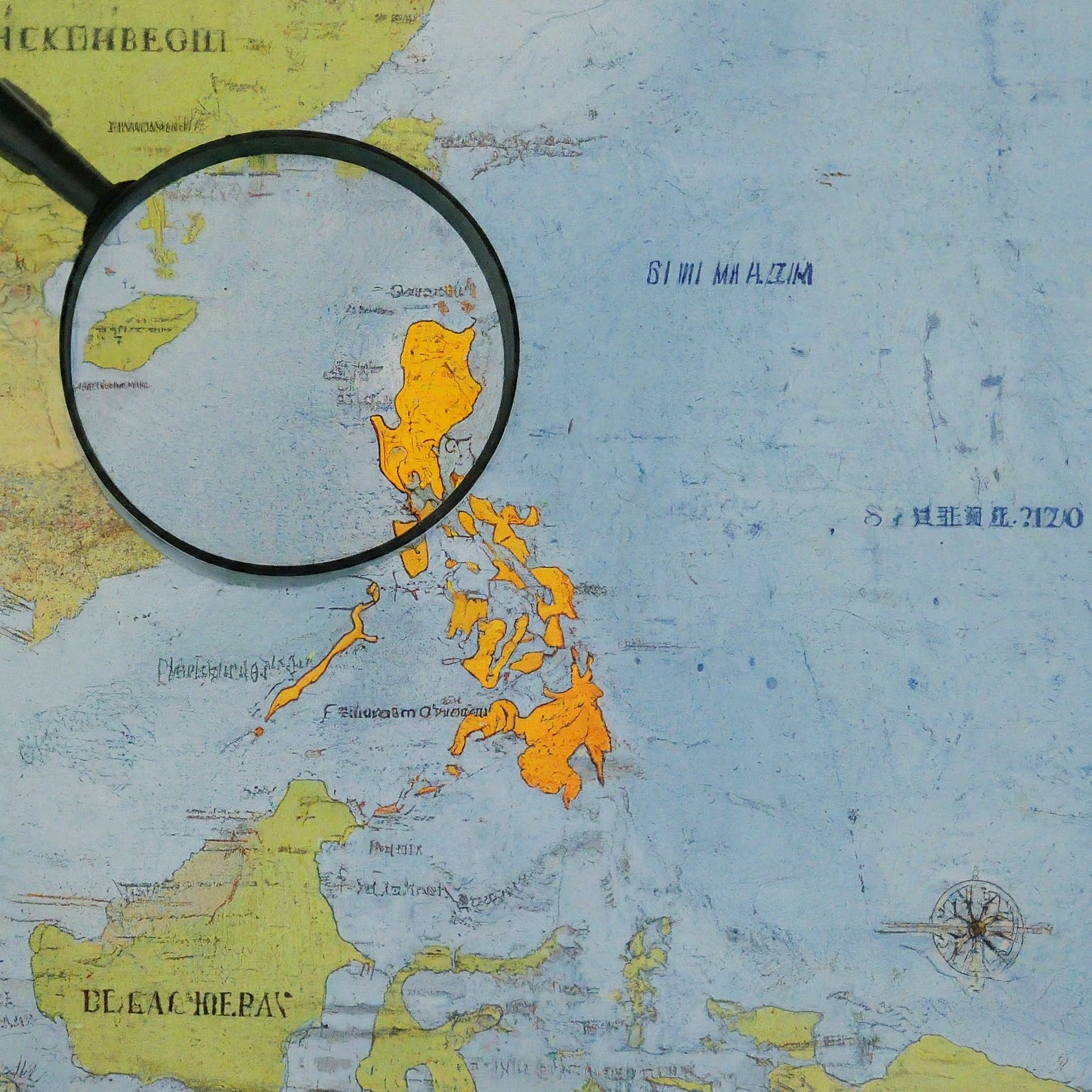The Philippines, a Southeast Asian archipelago renowned for its vibrant culture, stunning beaches, and warm hospitality, is also a rapidly evolving digital hub. At the heart of its telecommunications infrastructure lies the country code 63. This article delves deep into the significance of this code, its role in the nation’s connectivity, and the broader implications for its digital future.

Understanding Country Code 63
The country code 63 is the international dialing prefix assigned to the Philippines by the International Telecommunication Union (ITU). It is a crucial component of the Philippines’ telephone numbering plan, enabling seamless communication with the rest of the world. When calling a Philippine number from another country, one must dial the ‘+’ sign, followed by 63 and the local number.
The Philippines: A Digital Frontier
The Philippines has witnessed a remarkable surge in internet penetration and mobile phone usage in recent years. This digital transformation has been fueled by several factors, including:
Government initiatives: The Philippine government has prioritized digital infrastructure development, investing heavily in broadband connectivity and digital literacy programs.
Economic growth: The country’s burgeoning economy has led to increased disposable income, enabling more people to afford smartphones and internet access.
Youth demographics: The Philippines boasts a large and tech-savvy youth population, driving demand for digital services and content.
Country Code 63 and Mobile Penetration
The proliferation of mobile phones has been a key driver of connectivity in the Philippines. With country code 63 as the identifier, the nation has experienced a mobile revolution, leading to:
Financial inclusion: Mobile banking and payment services have gained traction, providing access to financial services for millions of previously unbanked Filipinos.
E-commerce growth: Online shopping has become increasingly popular, with platforms offering a wide range of products and services accessible through mobile devices.
Social media dominance: Filipinos are avid users of social media, with platforms like Facebook and TikTok playing a significant role in their daily lives.
Challenges and Opportunities
While the Philippines has made significant strides in its digital journey, several challenges persist:
Digital divide: The gap between urban and rural areas in terms of internet access remains a concern, with rural communities lagging behind in connectivity.
Cybersecurity threats: As the digital landscape expands, so do the risks of cyberattacks, necessitating robust cybersecurity measures.
Data privacy concerns: The increasing collection and use of personal data raise privacy issues that require careful consideration and regulation.
Despite these challenges, the Philippines presents immense opportunities for digital innovation and growth. The country’s large and engaged population, coupled with its strategic location, makes it an attractive market for technology companies.
The Future of Country Code 63
The future of country code 63 is intertwined with the Philippines’ overall digital aspirations. As the nation continues to invest in infrastructure, expand its digital ecosystem, and address existing challenges, the role of the country code will become even more critical.
Potential developments include:
5G and beyond: The adoption of advanced wireless technologies will enhance connectivity and enable new applications and services.
Digital government services: The government’s push for digital transformation will lead to more online services, improving efficiency and transparency.
Start-up ecosystem: The Philippines has the potential to become a regional start-up hub, fostering innovation and creating new job opportunities.
Conclusion
Country code 63 is more than just a dialing prefix; it represents the Philippines’ journey towards becoming a digital nation. With its vibrant population, growing economy, and strategic location, the country is well-positioned to capitalize on the opportunities presented by the digital age. As the Philippines continues to evolve, country code 63 will undoubtedly play a pivotal role in shaping its digital destiny.


